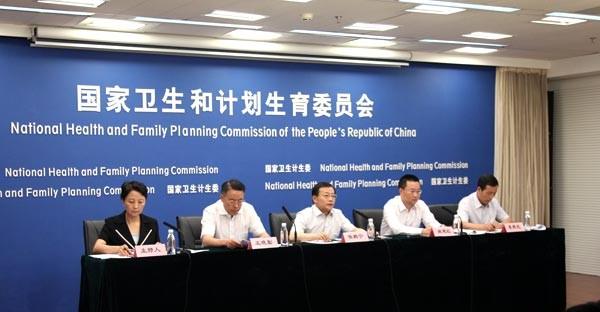China has been reforming its medical system. Qinghai province in the north west of the country was one of the first of four pilot provinces to carry out a comprehensive reform last year.

Progress has been reviewed at a press conference held by the National Reform and Family Planning Commission. Local authorities said Qinghai has adopted a four-tier treatment system to better allocate limited medical resources.
Progress has been reviewed at a press conference held by the National Reform and Family Planning Commission. Local authorities said Qinghai has adopted a four-tier treatment system to better allocate limited medical resources.
Common illnesses are treated at basic clinics, with patients transferred to more specialised facilities if their condition demands it. Higher-grade hospitals can also transfer patients down to lower-grade ones as their condition stabilises.
Alliances have been established to integrate provincial, village, town and city-level hospitals, to make specialist medical resources available to lower-grade treatment centers, a key step in pushing forward the hierarchical system.
"First we use medical insurance to guide patients. The reimbursement level at first, second and third level hospitals are 90, 80 and 70 per cent respectively. If not transferred grade by grade, it'll be 10 per cent less. We also strictly control transfer rates by hospitals and any hospital violating the system is sanctioned," said Hou Pengning, director of Qinghai Medical Reform Office.















